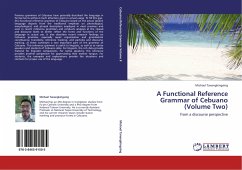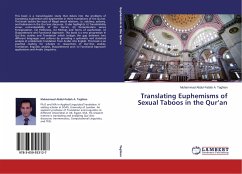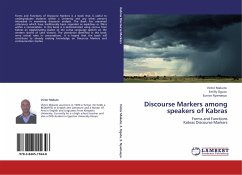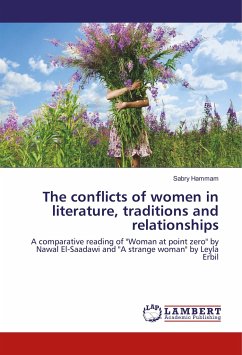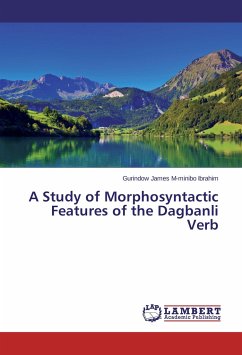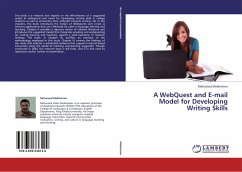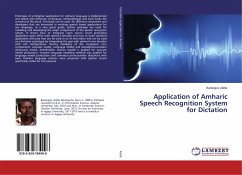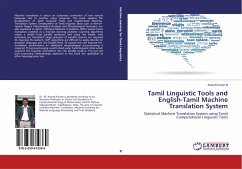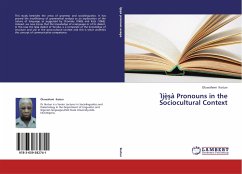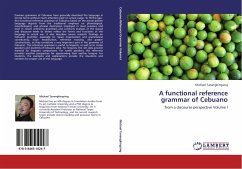
A functional reference grammar of Cebuano
from a discourse perspective Volume I
Versandkostenfrei!
Versandfertig in 6-10 Tagen
52,99 €
inkl. MwSt.

PAYBACK Punkte
26 °P sammeln!
Previous grammars of Cebuano have generally described the language in formal terms without much attention paid on actual usage. To fill this gap, this functional reference grammar of Cebuano based on the actual spoken language departs from the traditional emphasis on phonological, morphological, and phrasal description employed in most previous and even in recent reference grammars and conducts analyses at the clausal and discourse levels to better reflect the forms and functions of the language in actual use. It also describes recent research findings on Cebuano grammar, especially on repair ...
Previous grammars of Cebuano have generally described the language in formal terms without much attention paid on actual usage. To fill this gap, this functional reference grammar of Cebuano based on the actual spoken language departs from the traditional emphasis on phonological, morphological, and phrasal description employed in most previous and even in recent reference grammars and conducts analyses at the clausal and discourse levels to better reflect the forms and functions of the language in actual use. It also describes recent research findings on Cebuano grammar, especially on repair organization and grammatical constituency, noun modification, reference tracking, and passive constructions, as they constitute a very important part in the grammar of Cebuano. This reference grammar is useful to linguists, as well as to native speakers and students of Cebuano alike. For linguists, the rich data provide material for linguistic comparisons. For native speakers, this referenceprovides another perspective for appreciating their mother tongue. For students, the examples and explanations provide the situations and contexts for proper use of the language.



